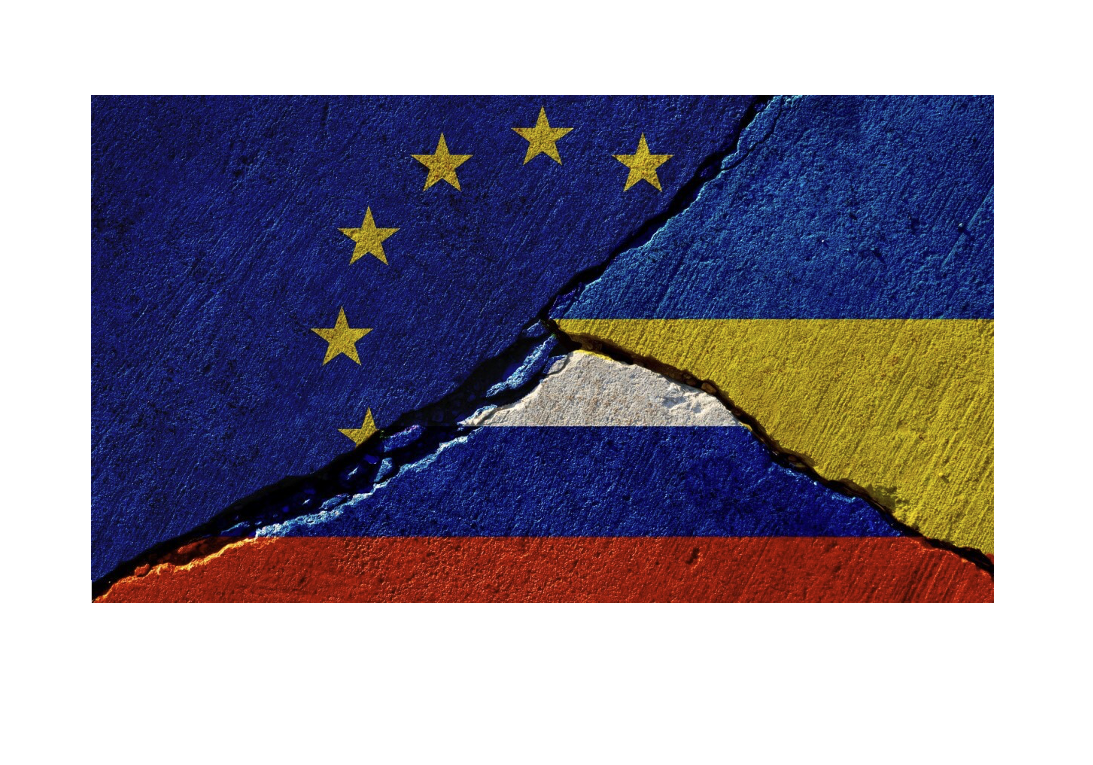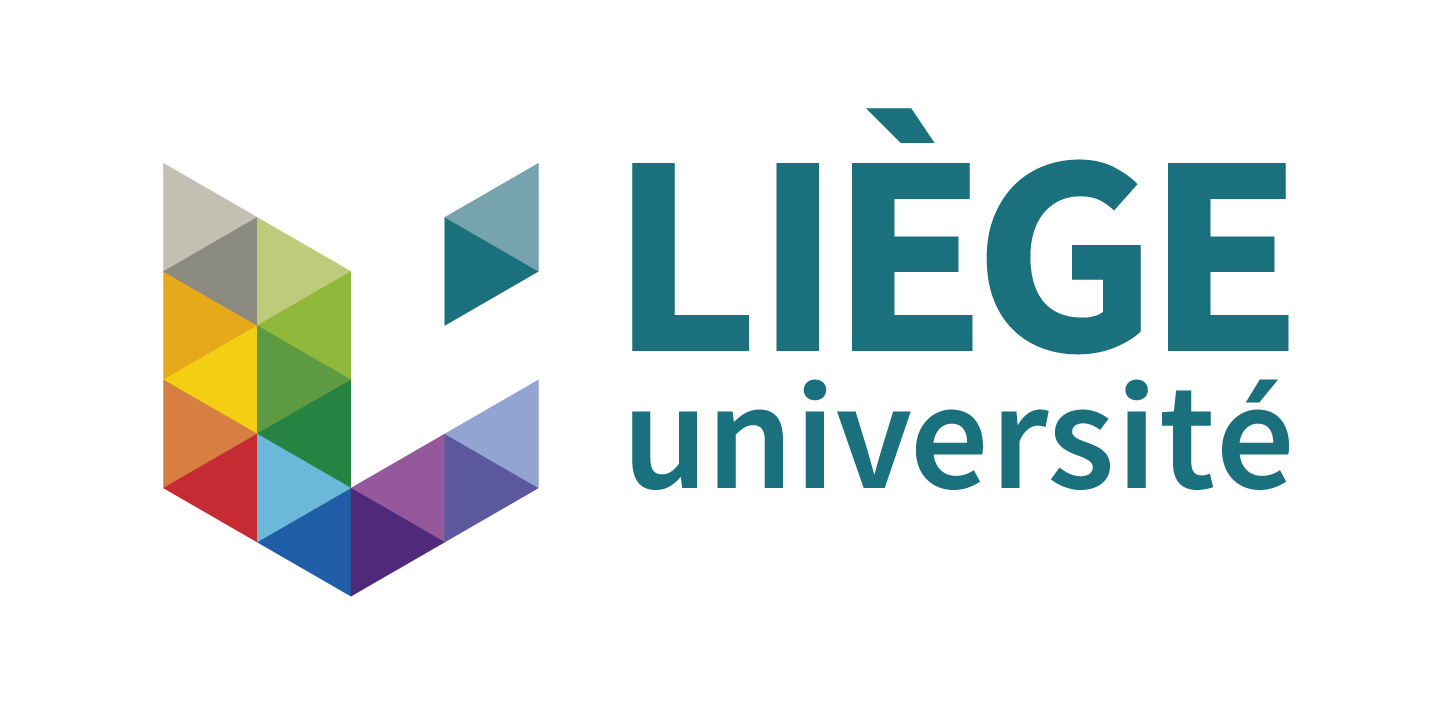14th package of EU sanctions: EU reaction to Russian invasion of Ukraine (regularly updated)
Since the Russian invasion of Ukraine in February and March 2014 and the subsequent annexation of Crimea and Sevastopol to the Russian Federation (Russia) on 16 March 2014, declared illegal also by the UN General Assembly (UNGA/11493, 27 March 2014), the EU has adopted, under articles 29 of the TEU and 215 of the TFEU, a series of restrictive measures against persons and entities for their role in actions threatening the territorial integrity, sovereignty and independence of Ukraine[1].
Following Russia’s recognition of the Luhansk and Donetsk People’s Republics’ independence on 21 February 2022 and its further invasion of Ukraine on 24 February 2022, the EU adopted a first package of sanctions.
In view of the gravity of the situation, and in response to Russia’s continued military aggression against Ukraine, the EU has adopted a series of new restrictive measures.
More than two years after Russia’s invasion and war of aggression against Ukraine, on June 24, 2024, the EU adopted its 14th package of sanctions against Russia. The following are among the main measures implemented:
14th package of sanctions
Council Decision (CFSP) 2024/1744 of 24 June 2024 amending Decision 2014/512/CFSP and Council Regulation (EU) 2024/1745 of 24 June 2024 amending Regulation (EU) No 833/2014[2]:
Transport sector:
- Aviation – Widened EU flight ban: Prohibition to land in, take off from or overfly the territory of the EU will also apply to any aircraft used for a non-scheduled flight, and where aRussian natural or legal person, entity or body, is in a position to effectively determinethe place or time for its take-off or landing to reach, for instance, a holiday destination or a business meeting.
- Obligation for operators to provide any information requested by member states’ national competent authorities about non-scheduled flights, including ownership of the aircraft and possibly passengers, to verify compliance with the flight ban.
- Road – Broadened prohibition on the transport of goods by road within the territory of the EU, including in transit, so as to cover EU operators which are owned 25%or moreby a Russian natural or legal person, to minimise the risk of circumvention;
- The prohibition does not apply to road transport undertakings owned by dual nationals or Russian nationals having a temporary or permanent residence permit in a Member State.
- Maritime – Prohibition on port access and provision ofservices for listed vessels contributing to Russia’s ability to wage war against Ukraine.
- Vessels subject to the restrictive measures are listed in Annex XVI to Decision 2014/512/CFSP (27 vessels have been listed for their involvement in the transport of military equipment for Russia, transport of stolen Ukrainian grain, support in the development of Russia’s energy sector, tankers part of Putin’s dark fleet transporting Russian oil which circumvents the EU and Price Cap Coalition’s caps).
Energy sector:
- Ban on using EU ports for the transshipment of Russian LNG.
- Except in the case of such transshipments to Member States (the prohibition should cover both ship-to-ship transfers and ship-to-shore transfers and re-loading operations. Ancillary services related to such transshipments are also banned).
- The prohibitions shall not apply until 26 March 2025 for the execution of contracts concluded before 25 June 2024.
- Ban on new investment, as well as the provisions of goods, technology and services, for the completion of LNG projects such as Arctic LNG 2 and Murmansk LNG.
- Import restrictions on Russian LNG through Union LNG terminals that are not connected to the EU natural gas system.
Cultural goods:
- Prohibition on purchasing, importing, transferring or exporting Ukrainian cultural property goods and other goods of archaeological, historical, cultural, rare scientific or religious importance, and prohibition on related services, where there are reasonable grounds to suspect that the goods have been unlawfully removed from Ukraine.
Protection of EU operators:
- Transaction ban for listed companies using those provisions of Russian law (such as Article 248 of the Arbitration Procedure Code of the Russian Federation) establishing the exclusive jurisdiction of courts in Russia for disputes concerning restrictive measures, and which therefore interfere with jurisdiction in matters of arbitration and justice.
- Creation of a legal basis for compensation claims from EU operators in the EU for damages caused by Russian companies linked to sanctions implementation and expropriation.
Financial sector:
- Ban for EU banks outside Russia to use the “System for Transfer of Financial Messages” (SPFS, the Russian equivalent of SWIFT) from 25 June 2024.
- Targeted exceptions are introduced allowing Union entities to connect to the SPFS for various justified purposes (e.g., purchase, import or transport of natural gas, titanium, aluminium, copper, nickel, palladium and iron ore from or through Russia into the Union, a country member of the European Economic Area, Switzerland, or the Western Balkans).
- Ban on transactions with banks and crypto assets providers, established outside of the Union, that facilitate transactions supporting Russia’s defence-industrial base through the export, supply, sale, transfer or transport towards Russia of dual-use goods and technology, sensitive goods and technology, common high priority items or firearms and ammunition.
- Extended ban on providing support, including funding and financial assistance or any other benefit, from a Union, Euratom or Member State programme to any legal person, entity or body established in Russia or majority owned by them.
Intellectual property rights:
- Restrictions on accepting applications for registrations in the EU of certain intellectual property rights by Russian nationals and companies, with the aim of offsetting the actions of the Russian government and courts illegitimately depriving EU intellectual property rights holders of their protection in Russia.
Funding of political parties and other organisations:
- Prohibition of political parties and foundations, NGOs, including think tanks, or media service providers in the EU, from receiving funding from the Russian state and its proxies to counter interference with democratic processes and undermining of democratic foundations.
Reporting obligation on penalties:
- Addition of reporting obligation on penalties applied for infringements of the provisions of Council Regulation (EU) 833/2014.
Anti-circumvention measures:
- Due diligence requirements for Common High Priority (CHP) items: EU companies will have to implement due diligence mechanisms capable of identifying and assessing risks of re-exportation of CHP items to Russia and mitigating such risks, as well as ensuring that their subsidiaries in third countries implement the same requirements to avoid undermining EU sanctions.
- “No Russia” clause for intellectual property rights transfers: Union operators shall contractually ensure that the industrial know-how transferred outside the Union is not used to manufacture CHP goods intended for Russia. Union operators should include an obligation to adopt proper remedies in such agreements and report any breaches detected to the national competent authorities.
Trade-related measures:
- Addition of 61 new entities to the list, set out in Annex IV to Decision 2014/512/CFSP, of those directly supporting Russia’s military and industrial complex on which tighter export restrictions regarding dual-use goods and technology, as well as goods and technology which might contribute to the technological enhancement of Russia’s defence and security sector, are imposed (including 33 entities registered in third countries: 19 in China/Hong Kong, 9 in Türkiye, 2 in Kyrgyzstan, 1 in India, 1 in Kazakhstan, 1 in UAE).
- Addition of 9 dual-use/advanced technology items to the list of items subject to export restrictions (e.g., “quadbikes”, microwave and aerial amplifiers and digital flight data recorders), to further weaken Russia’s military capabilities.
- Reinforcement of the current export bans on industrial goods, as set out in Annex XXIII to Regulation (EU) No 833/2014, focusing on four sectors which are key to Russia’s war economy: chemicals (e.g., manganese ores and compounds of rare-earths), plastics, vehicles parts and machinery (e.g., excavating machinery, monitors and electrical equipment), worth EUR 5 billion of annual exports before the invasion, in 2021.
- Prohibition on export and transfer of manganese ore.
- Import ban on helium, generating significant revenues for Russia.
- Extension of the list of partner countries, set out in Annex VIII to Regulation (EU) No 833/2014, which are applying a set of export control measures substantially equivalent to those set out in Regulation (EU) No 833/2014.
- The current list includes: The United States Of America, Japan, United Kingdom, South Korea, Australia, Canada, New Zealand, Norway, Switzerland, Liechtenstein, Iceland.
Council Decision (CFSP) 2024/1738 of 24 June 2024 amending Decision 2014/145/CFSP, Council Regulation (EU) 2024/1739 of 24 June 2024 amending Regulation (EU) No 269/2014, and Council Implementing Regulation (EU) 2024/1746 of 24 June 2024 implementing Regulation (EU) No 269/2014 concerning restrictive measures in respect of actions undermining or threatening the territorial integrity, sovereignty and independence of Ukraine[3]:
Individual listing of people and entities:
- Addition of 69 individuals and 47 entities to the list of persons/entities subject to restrictive measures set out in Annex I to Regulation (EU) No 269/2014 and consisting in:
- Businesspersons, propagandists and public figures, members of the army and the judiciary, persons responsible for deportation of Ukrainian children, as well as members of the Federal Security Service of the Russian Federation (FSB) involved in religious persecution in illegally annexed Crimea, and of the government.
Several Russian military and defence industry companies; Volga Dnepr Group and its subsidiaries for their role in providing services to the Russia’s military-industrial complex, as well as its shareholders; Sovcomflot, Russia’s largest shipping company specialising in the transportation of liquefied gas, crude oil, and petroleum products; International Children’s Center Artek, which organises camps for children from Ukraine, including in the illegally occupied territories, the Kadyrov Foundation carrying out re-educational programmes for Ukrainian children and teenagers, and the Belarusian Republican Youth Union, which is active in the deportation of Ukrainian children from the illegally occupied territories.
[1] Council Decision 2014/145/CFSP of 17 March 2014 concerning restrictive measures in respect of actions undermining or threatening the territorial integrity, sovereignty and independence of Ukraine, OJ L 78, 17.3.2014, p. 16–21; and Council Regulation (EU) No 269/2014 of 17 March 2014 concerning restrictive measures in respect of actions undermining or threatening the territorial integrity, sovereignty and independence of Ukraine, OJ L 78, 17.3.2014, p. 6–15;
Council Decision 2014/512/CFSP of 31 July 2014 concerning restrictive measures in view of Russia’s actions destabilising the situation in Ukraine OJ L229, 31.7.2014, p. 13–17; and Council Regulation (EU) No 833/2014 of 31 July 2014 concerning restrictive measures in view of Russia’s actions destabilising the situation in Ukraine, OJ L 229, 31.7.2014, p. 1–11.
[2] Council Decision (CFSP) 2024/1744 of 24 June 2024 amending Decision 2014/512/CFSP concerning restrictive measures in view of Russia’s actions destabilising the situation in Ukraine, OJ L, 2024/1744, 24.6.2024;
Council Regulation (EU) 2024/1745 of 24 June 2024 amending Regulation (EU) No 833/2014 concerning restrictive measures in view of Russia’s actions destabilising the situation in Ukraine, OJ L, 2024/1745, 24.6.2024.
[3] Council Decision (CFSP) 2024/1738 of 24 June 2024 amending Decision 2014/145/CFSP concerning restrictive measures in respect of actions undermining or threatening the territorial integrity, sovereignty and independence of Ukraine, OJ L, 2024/1738, 24.6.2024;
Council Regulation (EU) 2024/1739 of 24 June 2024 amending Regulation (EU) No 269/2014 concerning restrictive measures in respect of actions undermining or threatening the territorial integrity, sovereignty and independence of Ukraine, OJ L, 2024/1739, 24.6.2024; and
Council Implementing Regulation (EU) 2024/1746 of 24 June 2024 implementing Regulation (EU) No 269/2014 concerning restrictive measures in respect of actions undermining or threatening the territorial integrity, sovereignty and independence of Ukraine, OJ L, 2024/1746, 24.6.2024.



No responses yet